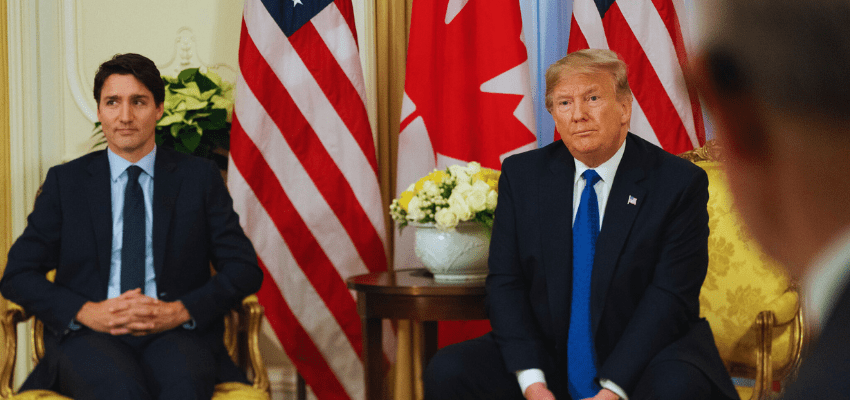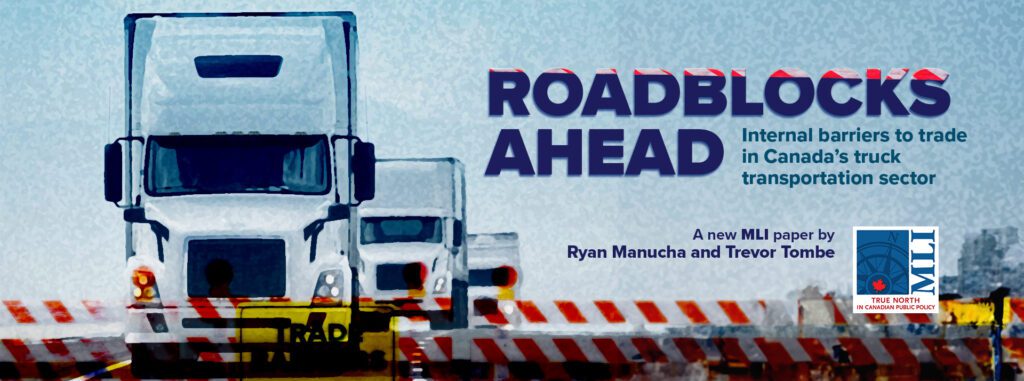By Todd Hataley, December 18, 2024
US President-elect Donald Trump has made clear his intention to call out Canada on weak enforcement on migration, money laundering, and the cross-border trafficking of narcotics, especially fentanyl.
Until just very recently, Canada has remained largely silent on these issues. Security agencies, such as the Royal Canadian Mounted Police (RCMP), Ontario Provincial Police (OPP), Sûreté du Québec (SQ) and the Canada Border Services Agency (CBSA), have tried to secure the border via memorandums of understanding, framework agreements, and legislated agreements that allow them to share information and even work together.
However, resources are limited for cross-border law enforcement co-operation. CBSA remains understaffed and RCMP Integrated Border Enforcement Teams (which work with US security agencies) have limited geographic reach, leaving much of the enforcement between ports of entry left to police of jurisdiction, who already are hard pressed to provide services to the communities they serve.
The Canadian government’s apparent strategy of largely ignoring the problem is becoming more difficult to maintain. With the United States Border Patrol intercepting increasing numbers of illegal migrants crossing into that country from Canada, it’s clear the porous border is a concern. Exacerbating the situation is the recent discovery of illegal narcotic super labs in Canada – where production far outstrips the market – and Canada’s unfortunate, albeit well-deserved reputation as a haven for global money launderers.
Thanks to Trump’s 25 per cent tariff threat, the crisis is now endangering Canada’s relationship with its largest and most-important trading partner. This announcement sent all sectors of government and the private sector into a frenzy, prompting Prime Minister Justin Trudeau to fly to Florida to seek out an early audience with Trump at his Mar-a-lago resort home. Trudeau’s team spun the trip as proof that the federal government is serious about working with the US to address its border security and public safety concerns.
But with political crises piling up, it will be difficult for Trudeau to also manage the political optics of kowtowing to Trump, who is widely unpopular among Canadians. Spending extra money to appease Trump during the ongoing housing, immigration, and health care crises could make the Trudeau’s popularity nosedive even further. Adding insult to injury, Trump is essentially demanding that Canada do America’s work by stopping illicit goods and people from entering the United States: customs and border security officials generally work on the principle of stopping goods from entering their country.
Trudeau faces many practical challenges, including the need to ramp up the number of border and law enforcement agents who have the skill sets and training required to police offences such as drug production, money laundering, and the cross-border smuggling of goods and humans. Purchasing helicopters and drones to conduct surveillance will do little to aid enforcement, since most goods smuggled across the border pass through legitimate border crossings. RCMP Commissioner Mike Duheme even suggested putting RCMP cadets along the border – a challenging proposition since vast swathes of the border are either wilderness or water. Surveillance is one thing, but the act of enforcement takes skilled people with the capacity to investigate, gather evidence, and articulate that evidence into something that can be used by the courts for convictions. These concerns are not being addressed in this current frenzy to spend money on border security.
There is also good evidence that fortifying the border, or what has become known as forward deployment along the border, does nothing to stop the cross-border transit of contraband goods and people. One need only look as far as the United States-Mexico border to see the failure of forward deployment.
As authorities increase border enforcement activities, the costs of smuggling goods and people mounts for criminals. Eventually, it drives out amateurs, leaving only the professional, skilled, and well-equipped criminal groups. This, in turn, often leads to increasing levels of violence along the border, making interdiction and disruption far more difficult for law enforcement agencies.
Canada has several clear options to address Trump’s border concerns. It can increase the staffing of frontline CBSA officers, including border agents, inland enforcement units that actively investigate and remove individuals from Canada, international liaison officers, and customs processing staff. It can also create a plan for CBSA to take over enforcement between ports of entry. Currently, CBSA enforces entry into Canada at the ports of entry and the RCMP are responsible for the areas in between. Having a single agency manage the border builds capacity and expertise, avoiding inter-bureaucracy competition and confusion.
Canada can also work to better integrate law enforcement, intelligence units, and border services at all levels of government and across international boundaries. Cross-border crime operations are often planned and execute far from the border.
Some of this already takes place, as noted above, but it needs to go much deeper and be more supportive at both institutional and individual levels. This process must also include private sector stakeholders: companies such as FedEx, UPS, and Amazon, as well as freight forwarders, trucking companies, and customs brokers, are all involved in cross-border trade. Their participation as partners in reducing cross-border criminal activity is essential.
Finally, the government needs to designate laws specific to cross-border crime and include meaningful penalties as a means of deterrence.
Hyper-focusing on the border while ignoring other aspects of cross-border crime may be good political optics, but it is a bad strategy. What we really need is functional enforcement – including an integrated process extended vertically and horizontally across all sectors of border stakeholders, at and away from the border, supported by strong policy and legislation. This is the path forward to better cross-border crime enforcement.
Dr. Todd Hataley is a professor in the School of Justice and Community Development at Fleming College. A retired member of the Royal Canadian Mounted Police, he worked as an investigator in organized crime, national security, cross-border crime, and extra-territorial torture. He is a contributor to the Macdonald-Laurier Institute.







